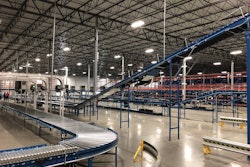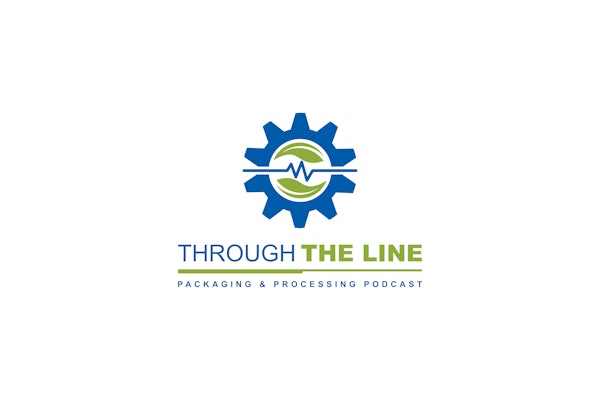
As I write this, the federal government is in its longest-ever shutdown. What effect does that have on you or your business? More to the point, what if they shut down the federal government and nobody noticed?
The question gets to the heart of an ideological debate that has gained more and more prominence in recent years. Many political leaders, some of them now in government, oppose the federal government’s role in, for example, education, employment, energy and other businesses, and call for less federal involvement in drugs, devices, finance and other industries, so in some sense they might be perfectly happy to have the government shut down if it means those activities are halted. Wacky pundits like your humble columnist can’t help wondering if the shutdown is a forced experiment that tests the importance of various government functions.
If it is, it’s not a very good experiment, because it allows lawmakers to avoid having the kind of tough and detailed debates about the wisdom of each specific government program. Also, it hurts a lot of people and, ironically, only saves money for the government in the short term and ends up costing the government more money than it would otherwise spend.
All federal agencies are figuring out which of their activities are “non-essential,” and dropping them for now, keeping up only the “essential” ones. Not affected are, for example, Medicare and Medicaid and the U.S. Postal Service, but some of the chores performed by the U.S. Food and Drug Administration, Department of Agriculture, Coast Guard, NASA, and even Border Patrol are shut down.
If you go to the FDA’s website, you see a message prominently on the home page saying in part that “agency operations continue to the extent permitted by law, such as activities necessary to address imminent threats to the safety of human life and activities funded by carryover user fee funds.”
The agency also says, “The mission-critical, public health activities that will continue include, among other things: …supporting high-risk food and medical product recalls when products endanger consumers and patients, …pursuing criminal investigations, [and] screening the food and medical products that are imported to the U.S. to protect consumers and patients from harmful products. Mission-critical surveillance for significant safety concerns with medical devices and other medical products will also continue.”
The agency also says it has “stretched carryover drug user fees” by “for example sharply reducing any overhead charges,” adding perhaps five weeks of additional time for new drug application reviews.
News reports are emphasizing the hardship the shutdown plainly places on federal employees who aren’t getting paid, but another crucial aspect of the shutdown’s consequences is the halting of government services. After all, money equals services, so no money equals no services.
Thus, what the shutdown might do is lead more people to think carefully about what exactly federal agencies do with all our tax money. Ideally, they would then consider whether each activity is money well-spent. Each regulatory program should be evaluated for whether there is a need for it to assure safety, or fairness, or some other useful purpose. That’s why I react badly to over-simplified arguments that we have “too much regulation” in the U.S., without even a moment’s pause to add an adjective before “regulation,” such as “environmental” or “food safety” or “education.”
A shutdown of all non-essential government actions is a positively doofy way to improve the average American’s understanding of its government. But if the shutdown illustrates to more people those government activities that they do and don’t miss when they’re gone, that would be a silver lining for the cause of sound public policy at least.

























